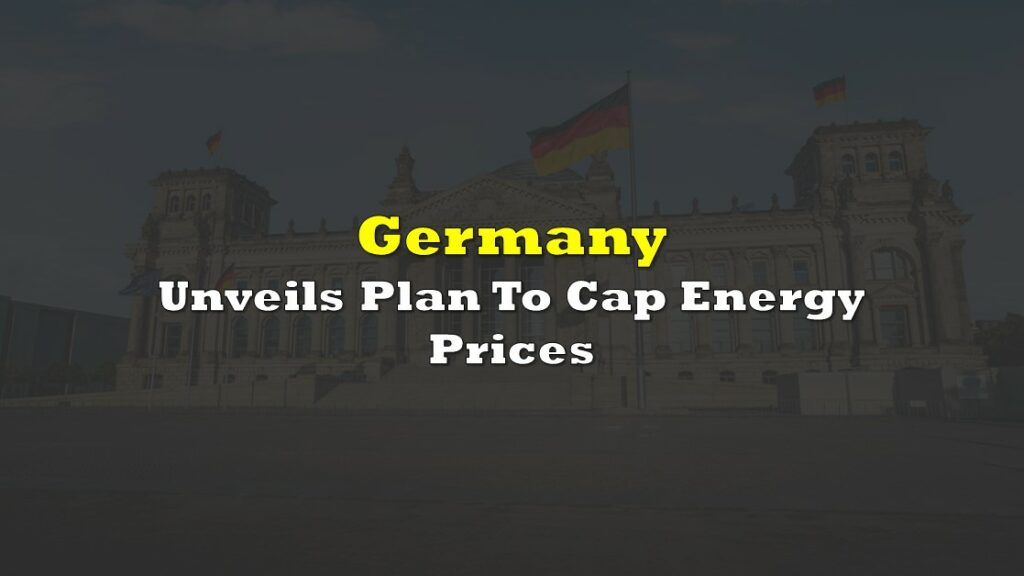The German economy is projected to contract by 0.2% in 2024, according to a revised forecast from the country’s economy ministry. This downward adjustment from the previous 0.3% growth estimate reflects ongoing economic struggles that could make Germany the only G7 nation to experience shrinking output for two consecutive years.
OUCH! The German govt sees Germany contracting for 2nd consecutive year. The govt revises down its GDP projection for 2024 from +0.3% to -0.2%. A decline in output in 2024—following a drop of 0.3% last year—would mark only 2nd instance of consecutive years of shrinking GDP since… pic.twitter.com/Z3UQov2PLh
— Holger Zschaepitz (@Schuldensuehner) October 9, 2024
Germany’s economic woes stem from a combination of structural issues and geopolitical challenges. The country’s traditionally strong economic model, built on cheap Russian energy for industry and robust global export markets, has been severely disrupted. Weak global demand and geopolitical tensions have particularly impacted Germany’s export-oriented economy, with exports expected to contract by 0.1% this year.
Economy Minister Robert Habeck highlighted the severity of the situation, noting that Germany hasn’t experienced strong growth since 2018. The country is grappling with a potential recession, defined as two consecutive quarters of economic contraction. Early indicators, including industrial production and business climate data, suggest that the economic downturn has persisted into the latter half of the year.
Related: Volkswagen Faces Potential Job Cuts Amid Cost-Reduction Efforts
To address these challenges, the German government has proposed a growth package comprising 49 measures. However, implementation requires parliamentary approval and support from opposition conservatives in the upper house.
Despite the current difficulties, the ministry projects a return to growth in 2025, with an expected expansion of 1.1%. This anticipated recovery is attributed to increased private consumption driven by higher wages, falling inflation, and tax relief. The government also forecasts a further expansion of 1.6% in 2026.
Inflation is expected to decrease significantly, from 5.9% last year to 2.2% in 2024, and further to 1.9% by 2026. Combined with falling interest rates and projected wage increases, these factors are expected to boost purchasing power and stimulate consumption and investment in the coming years.
Information for this story was found via Reuters, and the sources and companies mentioned. The author has no securities or affiliations related to the organizations discussed. Not a recommendation to buy or sell. Always do additional research and consult a professional before purchasing a security. The author holds no licenses.









